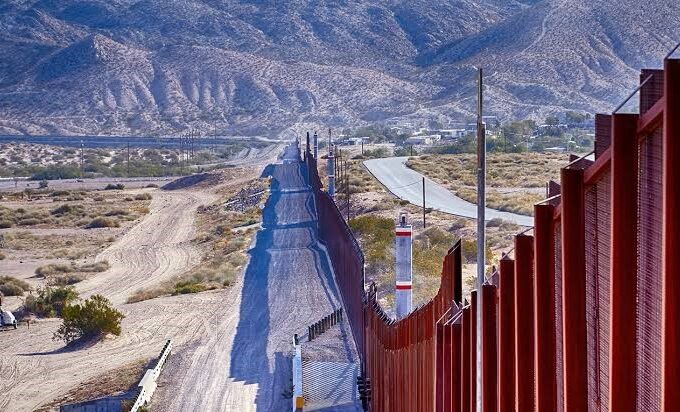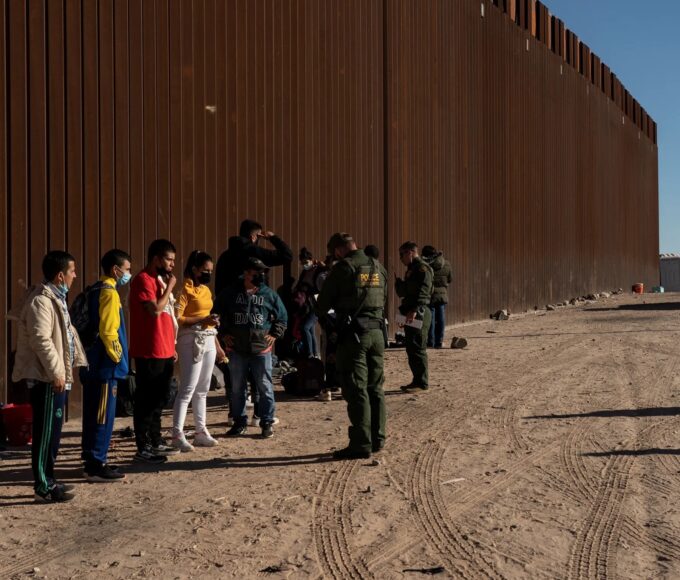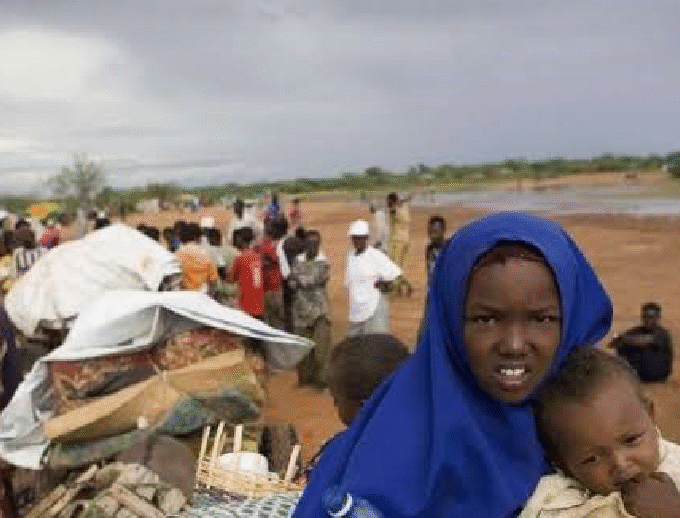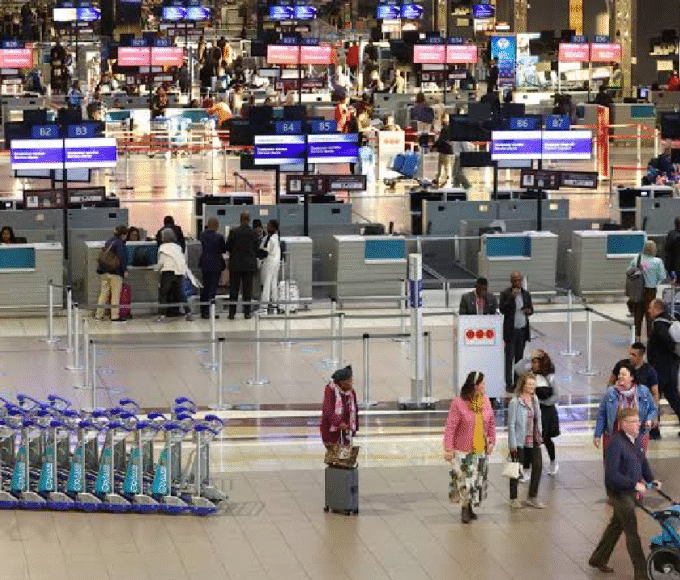BORDER SECURITY – LESSONS FROM ECOWAS BORDER MANAGEMENT STRATEGIES
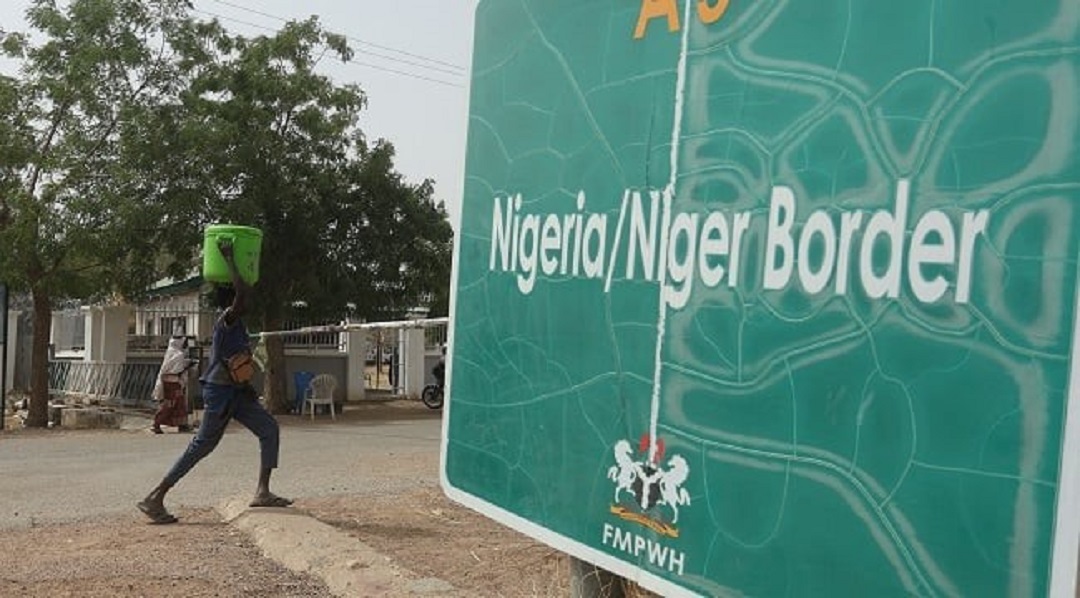
Since its founding in 1975, the Economic Community of West African States (ECOWAS) has pursued two seemingly conflicting goals: dismantling internal borders to promote trade and mobility, while simultaneously strengthening external frontiers against terrorism, trafficking, and pandemics. Fifteen years of experiments from joint border posts to biometric identity schemes and rapid-response protocols now form Africa’s most extensive laboratory for modern border management. From the lagoons of Lagos to the sands of Agadez, the record shows what works, what fails, and what proves too costly.
The standout success story is the joint border post (JBP) model. The Sème-Kraké facility between Nigeria and Benin, launched in 2018, and the Noépé post linking Togo and Ghana have cut cargo clearance times from days to hours, while boosting customs revenue by 30–40 percent. Officers from neighboring states work side-by-side, sharing IT systems, procedures, and intelligence. Smugglers of fuel, arms, and counterfeit medicines have been forced off main highways and into more predictable desert routes, where ECOWAS-supported mobile patrols increasingly intercept them.
Related Article: THE ROLE OF TRADITIONAL RULERS IN SECURITY DIPLOMACY
But the same formula has collapsed elsewhere. The Malanville JBP between Niger and Benin remains half-completed six years after groundbreaking, stalled by disputes over land rights, electricity supply, and bureaucratic turf wars. The lesson is stark: political commitment, not funding, is the decisive variable.
Technology was expected to deliver seamless security but often produced controversy instead. The ECOWAS National Biometric Identity Card (ENBIC) and its regional database were designed to track migrants, criminals, and terrorist operatives across borders. Ghana and Senegal implemented interoperable systems smoothly, yet Nigeria’s refusal to share full biometric data citing sovereignty and privacy concerns fatally weakened the program. By 2024, only five of fifteen member states were fully connected, leaving jihadist networks and trafficking syndicates ample room to exploit gaps with forged or borrowed IDs.
Nowhere have ECOWAS’s innovations faced more pressure than in the Sahel. After 2019, as JNIM and Islamic State–Sahel fighters moved fluidly across the borders of Mali, Niger, and Burkina Faso, ECOWAS activated its underused Early Warning and Response Network (ECOWARN). Mixed patrols of soldiers, gendarmes, and customs officers backed by Ghanaian and Senegalese drones were deployed across the Liptako-Gourma region. Cross-border hot-pursuit arrangements, long theoretical, were invoked for the first time in 2022. While these operations disrupted major trafficking routes, they also ignited diplomatic tensions, including a notable incident when Burkinabè forces chased suspects 40 kilometers into Niger without notification.
The wave of military coups from 2020 to 2023 exposed deeper vulnerabilities. The takeovers in Mali, Guinea, Burkina Faso, and Niger caused the abrupt breakdown of intelligence-sharing networks that had taken years to cultivate. Border guards who once exchanged real-time updates simply stopped communicating after ECOWAS imposed sanctions. When Mali, Niger, and Burkina Faso withdrew from the bloc in 2024, integrated border management across a 3,000-kilometer frontier collapsed just as jihadist mobility reached new heights.
Financial constraints remain chronic. A single modern JBP can cost more than $25 million, and donor fatigue set in after the EU and World Bank funded the initial wave. Maintaining scanners, generators, and fiber-optic systems falls to national budgets already strained by counterterrorism operations. Ghana’s well-equipped Aflao post with Togo, for instance, now runs its X-ray scanners only three days a week due to unpaid electricity bills.
Ultimately, the clearest lesson is political rather than technical: borders can only be managed jointly when states trust one another. Côte d’Ivoire and Ghana exchange intelligence daily on cocoa smuggling and extremist infiltration; Nigeria and Benin, despite decades of negotiation, still struggle to coordinate even basic patrols. Until ECOWAS gains enforcement authority beyond moral persuasion or until leaders see regional security as inseparable from national security the most sophisticated border architecture will remain fragile.
As West Africa confronts climate-driven migration, expanding insurgencies, and the fragmentation triggered by coups, ECOWAS’s mixed record offers sobering guidance to the African Union and other regional bodies. Open borders for trade and closed borders for threats can coexist but only if governments agree on who belongs on which side of the line and commit to policing it together. Fifteen years of experimentation have yielded tools; the missing ingredient is still trust.
King Richard Igimoh, Group Editor ALO
King Richard Igimoh, Group Editor African Leadership Organisation is an award-winning journalist, editor, and publisher with over two decades of expertise in political, defence, and international affairs reporting. As Group Editor of the African Leadership Organisation—publishers of African Leadership Magazine, African Defence & Security Magazine, and Africa Projects Magazine—he delivers incisive coverage that amplifies Africa’s voice in global security, policy, and leadership discourse. He provides frontline editorial coverage of high-profile international events, including the ALM Persons of the Year, the African Summit, and the African Business and Leadership Awards (ABLA) in London, as well as the International Forum for African and Caribbean Leadership (IFAL) in New York City during the United Nations General Assembly.
Recent Posts
Categories
- Air & Aerospace16
- Border Security15
- Civil Security4
- Civil Wars4
- Crisis5
- Cyber Security8
- Defense19
- Diplomacy19
- Entrepreneurship1
- Events5
- Global Security Watch6
- Industry8
- Land & Army8
- Leadership & Training5
- Military Aviation5
- Military History27
- Military Speeches1
- More1
- Naval & Maritime9
- Resources2
- Security12
- Special Forces1
- Systems And Technology9
- Tech6
- Uncategorized3
- UNSC1
- Veterans6
- Women in Defence9
Related Articles
THE CASE FOR CONTINENTAL BORDER SECURITY STANDARDS
Africa’s borders remain both an opportunity and a liability. They enable trade,...
ByKing Richard Igimoh, Group Editor ALODecember 27, 2025COMMUNITY INTELLIGENCE AT BORDERS: SUCCESSES AND FAILURES
Border security increasingly relies on community intelligence the collection and use of...
ByKing Richard Igimoh, Group Editor ALOOctober 6, 2025REFUGEE MOVEMENTS AND BORDER FORCE DILEMMAS
In today’s world of conflict, climate change, and widening economic divides, refugee...
ByKing Richard Igimoh, Group Editor ALOSeptember 24, 2025BIOMETRIC BORDERS: AFRICA’S EXPERIMENTS IN SMART SECURITY
Africa is undergoing a quiet transition in border management. Across the continent,...
ByKing Richard Igimoh, Group Editor ALOSeptember 16, 2025









